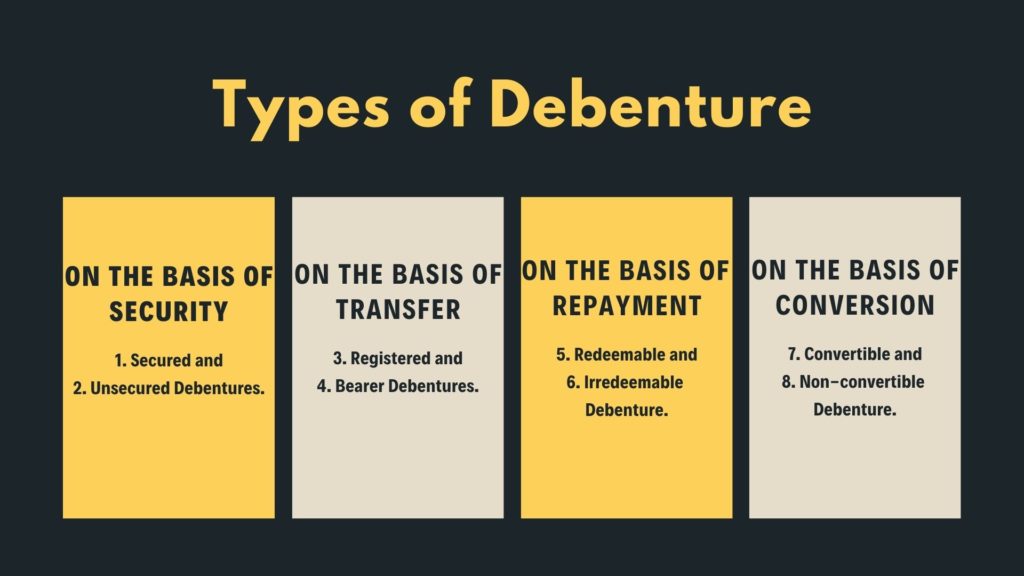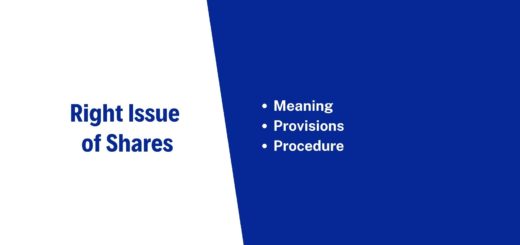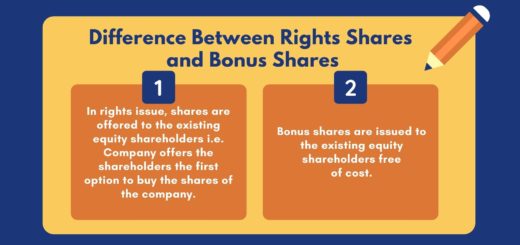8 Types of Debenture – Scholarszilla
Types of Debenture

What is Debenture?
Palmer defines: “A debenture as an instrument under seal evidencing debt, the essence of it being admission of indebtedness.”
Topham defines: “A debenture is a document given by a company as evidence of debt to the holder, usually arising out of loan, and most commonly secured by charge.”
According to the above definitions, debenture is an evidence of indebtedness. It is an instrument issued in the form of debenture certificate, under the common seal of the company.
Types of Debenture
1) Secured debentures:
The debentures can be secured. The property of company may be charged as security for loan. The security may be for some particular asset (fixed charge) or it may be the asset in general (floating charge). The debentures are secured through ‘Trust Deed’.
2) Unsecured debentures:
These are the debentures that have no security. The issue of unsecured debentures is now prohibited by the Companies Act, 2013.
3) Registered Debentures:
Registered debentures are those debentures on which the names of holders are recorded. A company maintains ‘Register of Debentureholders’ in which the name, address, and particulars of holdings of debenture holders are entered.
4) Bearer Debentures:
The name of holders are not recorded on the bearer debentures. Their names do not appear on the ‘Register of Debentureholders’. Such debentures are transferable by mere delivery. Payment of interest is made using coupons attached to debenture certificate.
5) Redeemable Debentures:
Debentures are mostly redeemable i.e. Payable at the end of some fixed period, as mentioned on the debenture certificate. Repayment can be made at fixed date at the end of specific period or by installment during the lifetime of the company. The provision of repayment is normally made in ‘Trust Deed’.
6) Irredeemable Debentures:
These kind of debentures are not repayable during lifetime of the company. They are repayable only after the liquidation of the company, or when there is breach of any condition or when some contingency arises.
7) Convertible Debentures:
Convertible debentures give right to holder to convert them into equity shares after a specific period of time. Such right is mentioned in the debenture certificate. The issue of convertible debentures must be approved by special resolution in general meeting before they are issued to public.
8) Non-convertible Debentures:
Non-convertible debentures are not convertible into equity shares on maturity. These debentures are redeemed on maturity date. These debentures suffer from the disadvantage that there is no appreciation in value.


